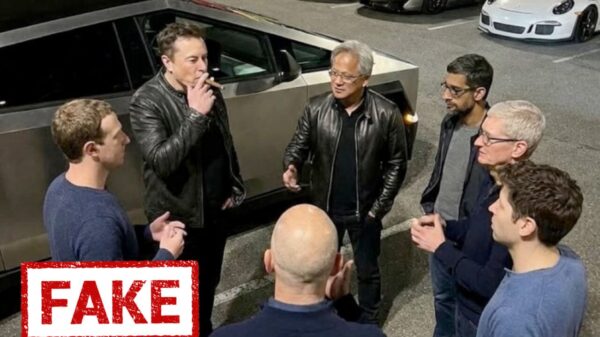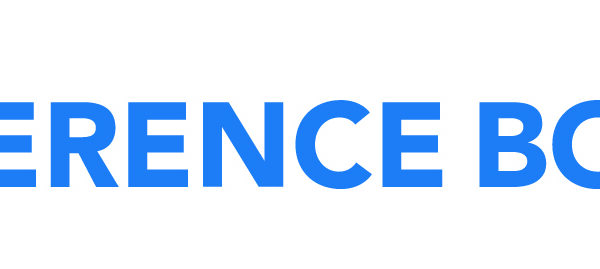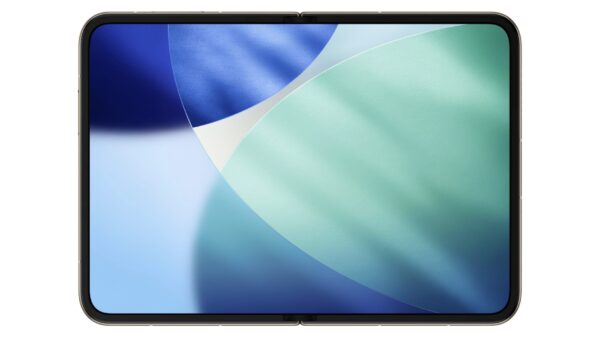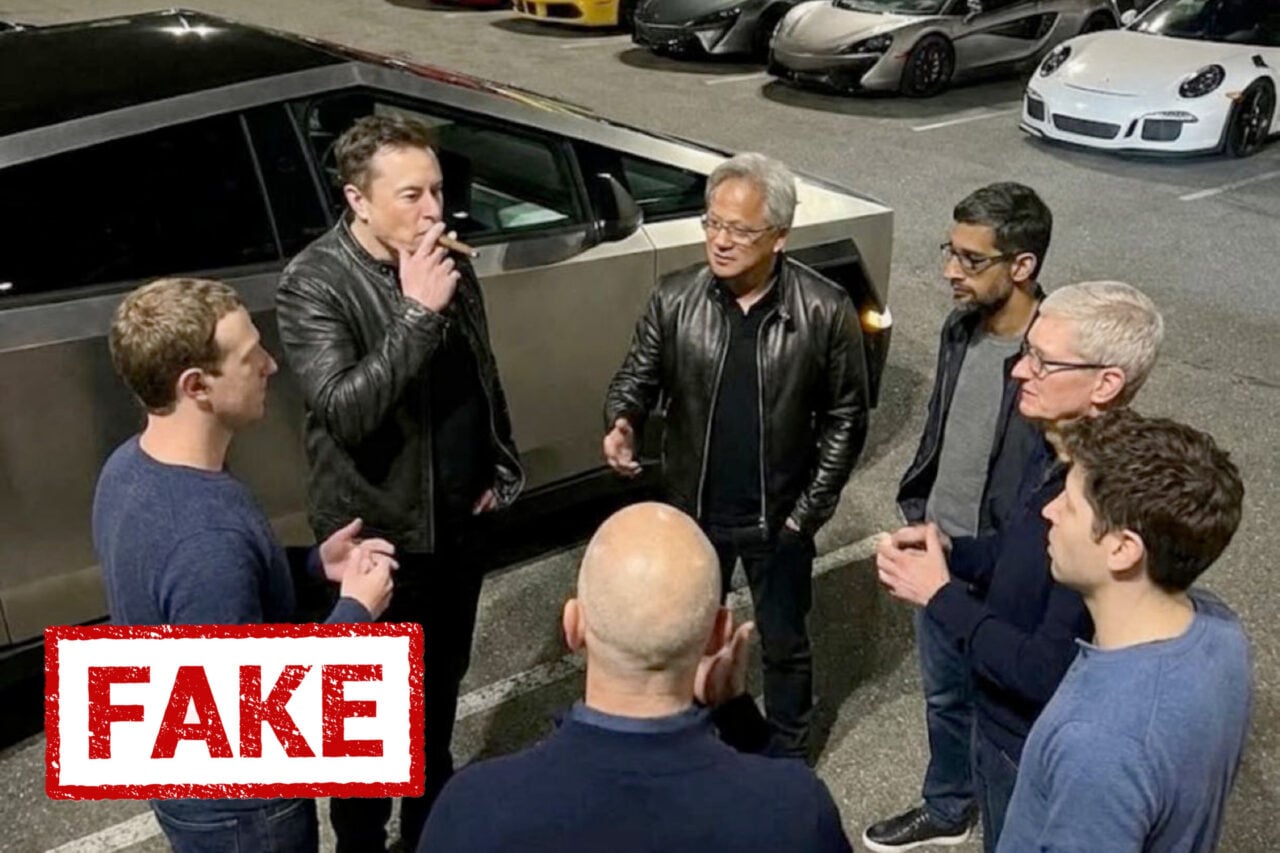UPDATE: Viral images allegedly showing Elon Musk alongside other Big Tech leaders have been confirmed as AI-generated, sparking concerns about authenticity on social media platforms like X and Bluesky. Just days ago, Google unveiled an innovative tool that allows users to verify whether images carry a hidden AI watermark, making it easier to identify fakes in real-time.
The images, which depict Musk, Nvidia CEO Jensen Huang, Google CEO Sundar Pichai, Apple CEO Tim Cook, Amazon founder Jeff Bezos, Microsoft CEO Satya Nadella, and Meta CEO Mark Zuckerberg in unlikely settings, went viral, with one image garnering nearly 9 million views before spreading across various platforms. Users can now check these images directly through Google’s Gemini, which identifies whether they contain the SynthID watermark, invisible to the naked eye.
Many were fooled by the images, which show the tech giants in mundane environments such as a small apartment and a McDonald’s parking lot. Some versions featured Musk smoking a cigar alongside OpenAI CEO Sam Altman, raising eyebrows and questions about their authenticity.
Google’s announcement comes as AI image generation tools like Nano Banana Pro, launched last week, have made it easier than ever to create hyper-realistic images that can mislead the public. Users are advised to be cautious and utilize Gemini to verify any suspicious images, especially those that seem too bizarre or improbable.
While Gemini is effective for images created using Google’s platforms, it may not identify all AI-generated content reliably. Nevertheless, if an image is confirmed to have the SynthID watermark, users can be assured it originates from Google’s AI toolkit, highlighting the ongoing battle against misinformation in our digital landscape.
In an age where fake images are rampant, this tool empowers the average user to discern reality from fiction. Authorities stress the importance of applying critical thinking: “If it seems too weird to be true, it probably is,” a Google spokesperson stated.
As misinformation continues to proliferate, it is crucial for individuals to equip themselves with the right tools. The introduction of Gemini marks a significant step toward combating the tidal wave of AI-generated content that threatens to distort our perception of reality.
Stay tuned for more updates as social media users widely adopt this new verification method, potentially reshaping how we interact with visual content online. As technology evolves, the challenge of identifying what’s real versus what’s fabricated will only intensify, making tools like Gemini essential in today’s information-driven society.


































































